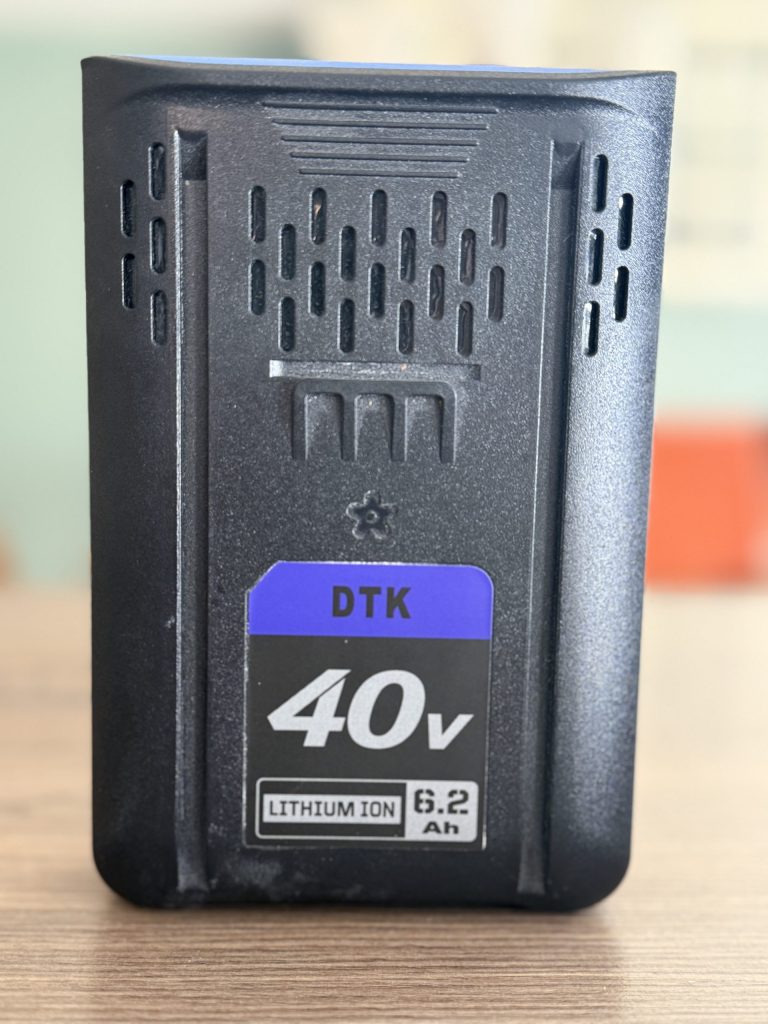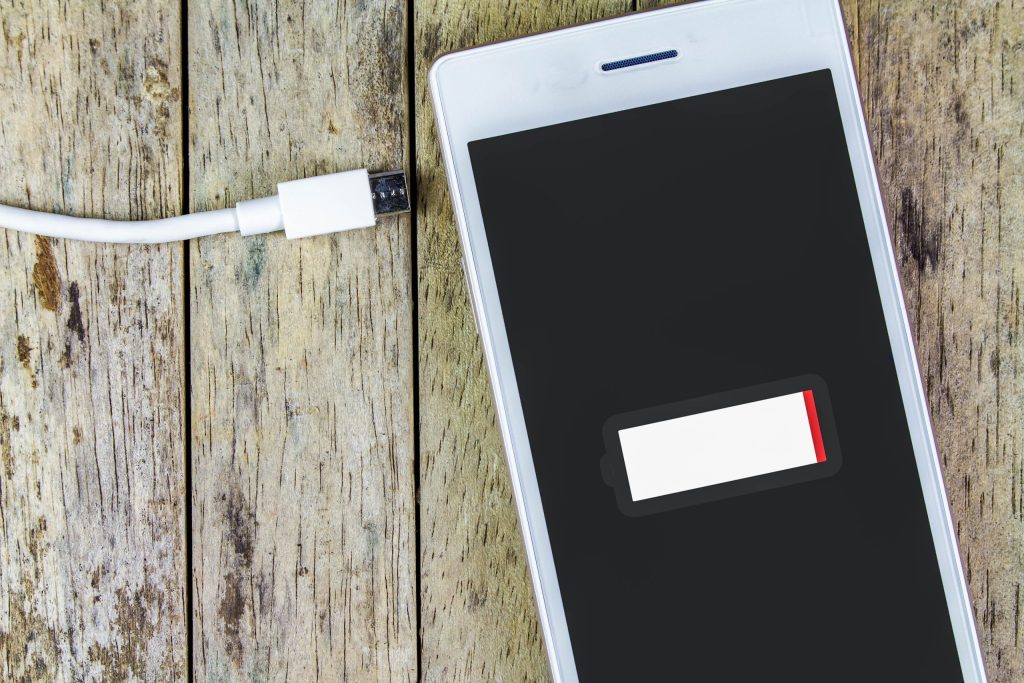Staying safe around lithium-ion batteries
Lithium-ion batteries have become ubiquitous in how products are powered – from cellphones to power tools to electric vehicles.
However, they do pose a fire risk under certain circumstances.
Jim Dahle, the director of safety and risk management for Pennsylvania Western University’s California campus, said like your standard batteries, there is a “positive” and a “negative” side.
He described an “electrolyte solvent” within the batteries as being central to their functions.
“Inside a lithium-ion battery you have, obviously, lithium-ion, and they pass through a flammable electrolyte solvent. The electrons gather on the positive side to charge, and they go back to the negative side to discharge,” Dahle said. “If any of that gets disrupted, you could have a failure.”
A disruption could occur if the separator inside the battery keeping these two sides apart from each other becomes damaged.
The battery could also overheat.
“Lithium-ion batteries don’t like heat. Anytime when you’re charging it, you’re going to be generating heat. When you generate the heat, if you generate it too fast, you can have a failure,” Dahle said.
Dahle added that the batteries can enter “thermal runaway,” where it continuously generates heat.
“It’s going to continue to generate this heat until it fails and burns up that electrolyte,” Dahle said.
Fire departments caution people to take proper care of those batteries to prevent these types of failures, as fires originating from lithium-ion batteries present unique challenges to firefighters.
South Strabane Fire Department Chief Jordan Cramer said it can take “several thousand” gallons of water to put out a fire caused by a lithium-ion battery.
“It requires copious amounts of water to extinguish a fire that involves a lithium-ion battery,” Cramer said.
Cramer said his department has responded to about five lithium-ion battery related incidents in the past year. None of those involved electric vehicles, but he said a vehicle fire could take several hours to bring under control.
A.J. Boni, chief of the Perry Township Volunteer Fire Department in Fayette County, said not only are lithium-ion battery fires more difficult to extinguish, they also run the risk of reignition.
“They take a large volume of water to cool. After you think you have it extinguished, they can continue to heat and reignite,” Boni said.
According to Boni, if you have a rechargeable battery for something like a weed trimmer, chainsaw or drill and leave it plugged in after it is fully charged, you run the risk of the battery catching fire.
“My thing is after they are charged, just unplug them. People leave them plugged in for days, weeks at a time,” Boni said.
When it comes to charging the batteries, Cramer suggested always using the chargers that came with the device or were otherwise provided by the manufacturer. The chargers should also be plugged directly into an outlet and not an extension cord.
Dahle said these issues with lithium-ion batteries are why PennWest campuses don’t allow electric bicycles or scooters into their buildings.
“You can’t bring it in, you can’t charge it. They have to all stay outside,” Dahle said.
Cramer, Boni and Dahle all said it is important to ensure the battery has been certified by an organization like Underwriters Laboratories.
Dahle suggested that you consider the overall quality of the product you are purchasing. A device like a cellphone, for example, has likely gone through a lot of research and development to create a safer battery.
“Your cellphone manufacturers have put a lot of time and effort into developing a battery management system,” Dahle said. “A lot of other products out there don’t put the time and effort into those products to have a good battery management system.”
According to Cramer, sometimes not properly disposing of a lithium-ion battery can lead to a dangerous incident down the road.
“Throwing them away in the regular trash is extremely hazardous. Once they’re damaged, they potentially end up igniting later. It’s usually when it’s in the back of a garbage truck,” Cramer said.
If you have a lithium-ion battery that has been damaged, there are businesses such as Batteries Plus that offer recycling services. A Batteries Plus is located at 76 Old Mill Boulevard in South Strabane Township.
Cramer notes that lithium-ion batteries are very useful, but that it is just a matter of making sure to take proper care of any devices that rely on them for power.
“That’s the difficulty, the technology is phenomenal,” Cramer said. “Our life-saving jaws of life are powered by lithium-ion batteries. I know there is a potential that if they were to catch on fire, we would have a problem.”




